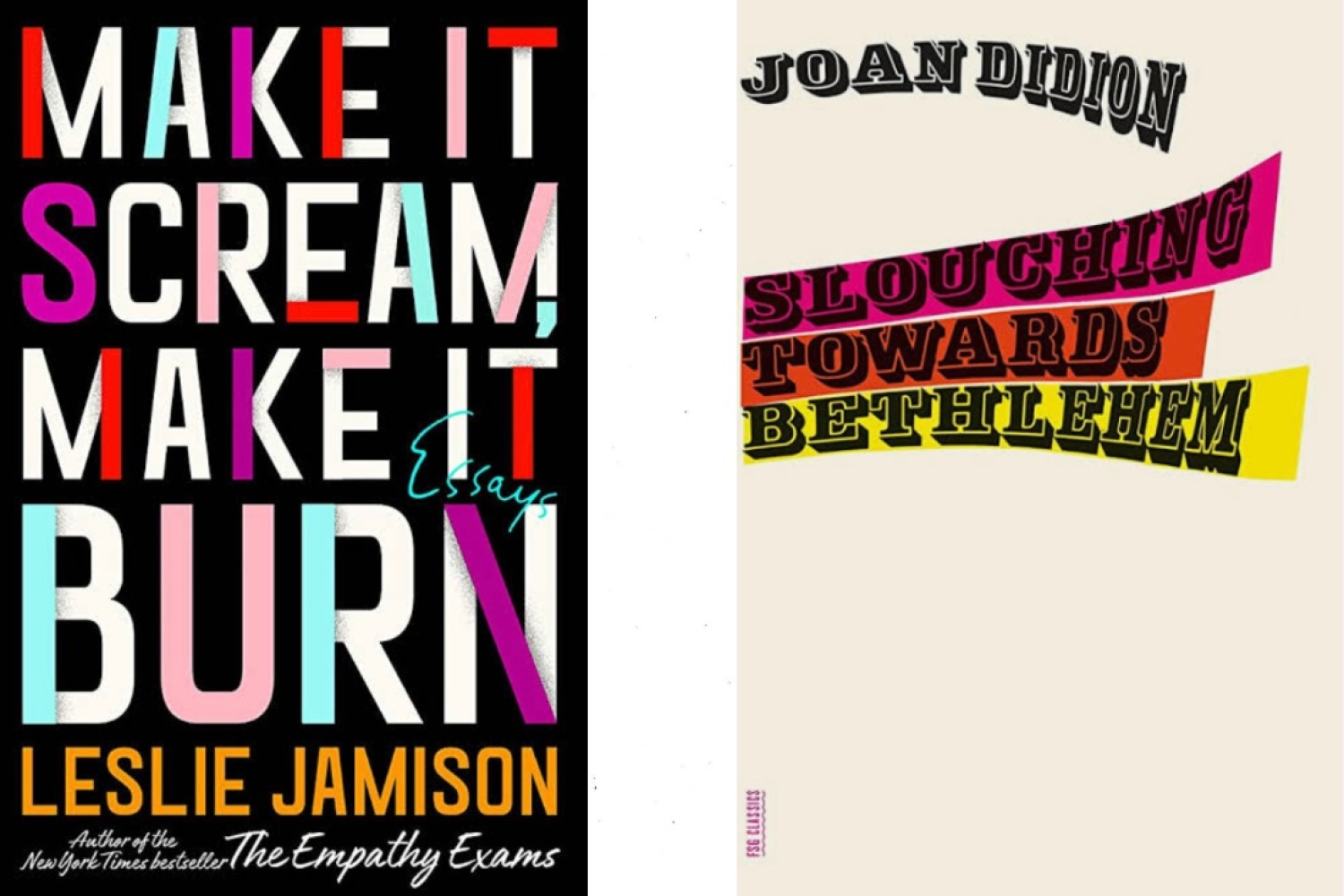

Non-fiction writing allows us to inspect even the most familiar. A lot of non-fiction writing combats the obsession for life to be monumental and grand, while recognising that our daily endeavours and pursuits of the everyday are the one thing that ties us all together. We bring to you a reading list of some of the best nonfiction essay collections, all of which provide incredible insight on the human condition.
Make it Scream Make it Burn by Leslie Jamison
There is very little that Make it Scream Make it Burn doesn’t offer its readers. Filled to the brim with personal observations, shared intimacies, literary critique and scientific metaphors, Jamison fulfils her own curiosities about the world through her writing. Her self-awareness seeps through her words as she adopts a style of writing that doesn’t aspire to be unbiased. The book is thematically divided — the first section deals with what it is to be lonely, and the reverberations of longing, the second focuses on the role of artists, and the final set deals with love, addiction, pregnancy, and everything in between. With unique use of metaphor, she talks about an array of subjects while drawing bizarre parallels! Whales and loneliness, Vegas culture and unrealistic expectations, step motherhood and fairytales, are just a few of the comparisons she examines.
Tiny Moons by Nina Mingya Powles
Tiny Moons: A Year of Eating in Shanghai, is a lovely anthology of food stories, served with a side of explorations on belonging and inheriting a culture through meals, recipes and snacks. Quickly consumable, the book is only about a hundred pages long. Powles journals the various food she eats through the perspective of a homesick international student, who will go to great lengths for feelings of warmth and home. This is, however, not just a food diary, but also a record of what it is to be a hungry woman in today’s world — she seeks to document hunger and its connotations to self-image, and her highly evocative, favourable prose elegantly communicates sensuality and opulence.
Slouching towards Bethlehem by Joan Didion
Many of the essays in this collection paint a portrait of what it’s like to be a woman in America in the ‘60s, juggling personal and professional happinesses with heartbreaks. Didion doesn’t seek validation from her readers. She’s not trying to please anyone. She simply fulfils a writer's loyalty to storytelling and leaves it at that. The collection offers up sharp penmanship and slowly evolves from journalistic writing and cinematic analysis, to odes to the numerous cities she inhabits. The essence of these essays are spread over Californian musings, observations of the American dream, and laments over American history and culture. She’s poignant yes, but more than anything, she employs a sense of focus. Rather than letting her readers drown in her descriptions, her prose remains lucid and relevant, years after publication.
Upstream by Mary Oliver
The essays in this collection will stay with you for a long, long time after you’re finished with them. This is a nature memoir, in that it almost feels like Oliver takes her readers on a walk through a forest, along a shore and up a hill, as she gorgeously layers in her own experiences and feelings. This is a book for writers, naturalists and everyone else in the middle. Each essay is exquisitely written, narrowing down on the littlest, most simple strands of life. Every sentence blooms with careful detail and narration — Oliver will have your attention without asking for it, and you will give into her gentleness. The natural world — its warm, wild facets — accompany her witticisms and meditations with a charm so subtle, that it feels like she’s whispering in your ears, “You do not have to be good. You do not have to walk on your knees for a hundred miles through the desert repenting. You only have to let the soft animal of your body love what it loves.”
The Book of Delights by Ross Gay
The Book of Delights is a product of finding solace within the little gaps of life, the overlooked, the forgotten. Ross Gay’s writing doesn’t simply associate much meaning to small moments, like waving at a stranger, making perfect coffee and slow dancing, it holds these exchanges up to the sun, to the highest regard. The book is a record of daily delights, each of which is a tribute to the endless warmth human beings can’t help but derive from the humdrum of the everyday. The essays are of varying lengths, and one can’t help but be left with a lingering sense of calm and gratitude.
Words Neeraja Srinivasan
Date 03-07-2023